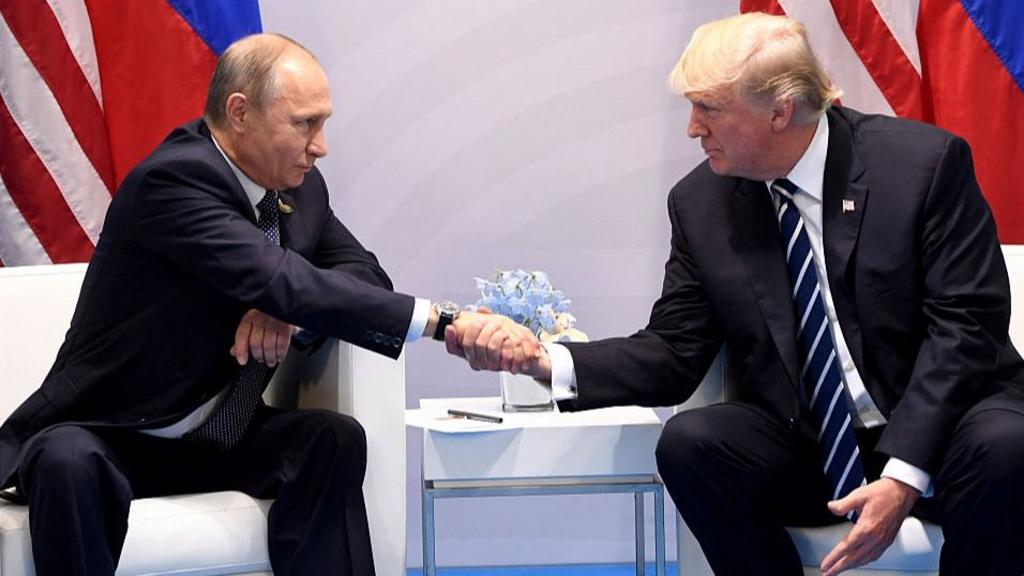Moscow views the Alaska summit between US President Donald Trump and Russian President Vladimir Putin as a step toward rebuilding trust and improving US-Russia relations.
According to Kremlin spokesperson Dmitry Peskov, the meeting focused on strengthening bilateral communication and addressing key global issues, including arms control, regional security, and climate cooperation. Peskov added that while differences remain, both sides agreed on the importance of dialogue to reduce tensions and foster a more stable international environment, report agencies.
Russian President Vladimir Putin and US President Donald Trump held closed-door talks in Anchorage, Alaska, on Friday. The meeting, which began with a brief conversation on the red carpet at the tarmac, lasted over three hours.
After the talks, Putin and Trump addressed the media. Putin suggested their next meeting be held in Moscow, and Trump said it was possible, although he would face strong criticism.
Quoting The Washington Post, Russian news agency TASS reported that Putin “won” the talks with Trump, regardless of their outcome. According to the newspaper, Putin’s visit gave him an opportunity to increase his influence over Trump and delay the possible introduction of secondary sanctions, TASS added.
Earlier, US media assessing the Anchorage meeting highlighted the lack of details on any concrete progress. According to Axios, “Trump’s conclusion, at least publicly, seems to be that this meeting was a success.” The Hill wrote that Trump reported “progress on key points” without specifying the points or the differences that remain on the Ukraine settlement. Bloomberg noted that despite their lengthy talks, neither leader provided clear details of their discussions nor indicated whether they had found common ground.
Commenting on Friday’s meeting, China Daily wrote: “The Ukraine conflict cannot be resolved instantly because it is the result of years-long grievances. This crisis stems from decades of geopolitical tension and layered grievances, including NATO’s five rounds of eastward expansion, entrenched US-Russia antagonism, and enduring geopolitical rivalries, all of which have contributed to a full-scale security rupture in Europe. Meanwhile, the presence of US and NATO weapons on the battlefield has added complexity. What the world sees today is not an isolated event, but the culmination of accumulated contradictions. Thus, it is illusory to expect a quick thaw in Europe.”
China Daily added that although the Alaska meeting “yielded no substantive agreements,” all parties must continue working to ease tensions and ensure communication between the two sides until peace is achieved.


